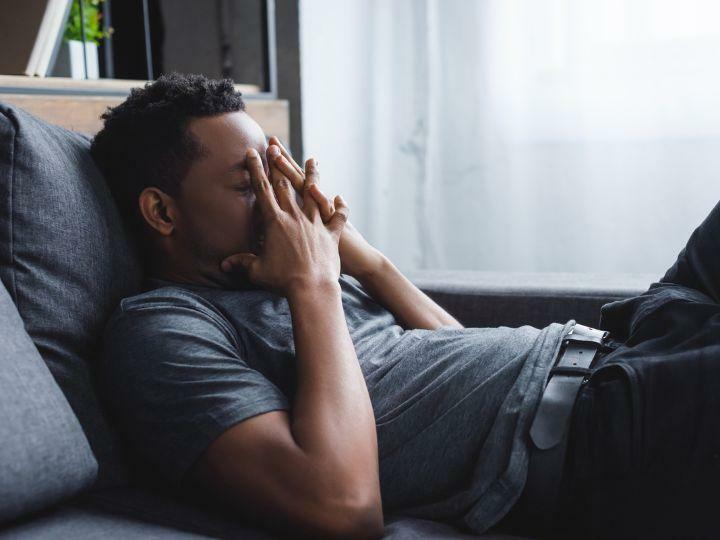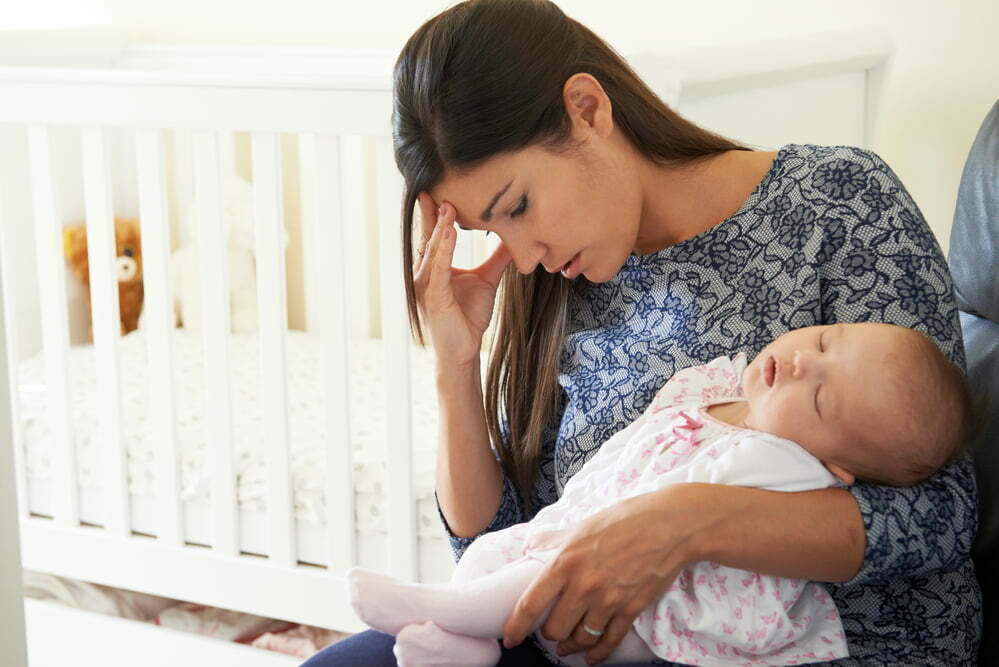Immediate Availability - Open 7 days a week - day, evening and weekend appointments
Immediate Availability - Open 7 days a week - day, evening and weekend appointments
When it comes to depression, there's no one-size-fits-all treatment. Depression can come in many forms, and symptoms can vary greatly from one person to the next. Hopelessness and isolation tend to be common features. However, through therapy, counsellors for depression aim to help people who are struggling to reclaim their power. If you're struggling, our depression therapy in Calgary at One Life Counselling & Coaching is here and ready to support you.

Major Depressive Disorder (MDD)

Persistent Depressive Disorder (PDD)

Seasonal Affective Disorder (SAD)

Bipolar Disorder

Peripartum (Postpartum) Depression (PPD)

Atypical Depression

Treatment-Resistant Depression (TRD)
Depression counselling provides a safe, non-judgemental environment where a person suffering from depression can receive professional help and guidance. While talk therapy may be one part of depression therapy, your counsellor will use a combination of techniques and strategies to help you improve your depression symptoms and support you on your journey to recovery.
No. Medication is not a necessary component of successful depression counselling. In some situations, medication may effectively complement counselling, but that will be a decision made in consultation with your therapist and/or medical doctor.
Yes. As you progress through depression counselling, the aim is for both your psychological and physical well-being to improve.
When you first begin therapy, it’s not uncommon to have both new feelings of hope and energy for life in a positive way again and also have moments of despair. We always encourage our clients to embrace change, develop a growth mindset and that most growth is going to have moments of pain. The majority find the positives outweigh the negatives of professional depression counselling. A good counsellor will be able to help you feel comfortable, safe and secure to explore the challenges contributing to your depression symptoms.
Yes. One of the main goals of depression counselling is to provide you with evidence-based tools, techniques, and strategies that can help you move forward in concrete and positive ways. The best depression counselling is when you have a deep personal commitment to change and specific actions that you can integrate into your daily life.
You might have heard that depression results from a “chemical imbalance” that can be adjusted (or fixed) using antidepressant medication. This ultimately does not capture how complex depression really is.
It also ignores effective pathways to well-being that use talk therapy and medication in combination. Licensed counsellors for depression can work with you to identify the best approach for your symptoms.
While brain chemicals are indeed involved, it’s not just about having too much or too little of them. Rather, there are many possible causes of depression that all interact with one another.
Some factors that play a role are faulty mood regulation, stressful life events, and isolation. These are all areas that therapists know how to target and treat, helping you get your depression under control.
Having to deal with depression is hard, but not dealing with it at all can make matters even worse.
When left untreated, people with depression may experience a debilitating downward loop. The condition not only greatly impacts their well-being, but a diminished quality of life also further evokes feelings of despair and hopelessness.
Stressful life events significantly increase one’s risk of experiencing a depressive episode. At the same time, a depressive episode is also stressful in and of itself.
Due to its life-disrupting and isolating nature, depression can become a source of additional stressors too, such as a divorce, severed connections, or loss of one’s job. This piles more challenges onto an already difficult situation, initiating depression’s vicious cycle.
If this sounds like you, getting support to break the cycle is vitally important. But even if your situation is not yet severe, getting help early can help prevent this cycle setting in.
Consider seeking support sooner rather than later to safeguard yourself against life’s inevitable challenges.
Depression therapy can help in numerous ways as it lifts the burden off those experiencing depression.
Depression is a state of disconnection, and a commonly named symptom is a sense of painful isolation. Perhaps you find yourself keeping those who love you at arm's length. Or maybe your depression is like a rain cloud, dampening moods and moments with friends. Either way, finding ways to (re)connect with others is a vital aspect of any healing journey.
Counselling for depression can be your lighthouse in the storm. A counsellor for depression can offer you professional support within a non-judgemental and safe environment.
By getting the chance to dig beneath the surface and talk things out, a profound and much-needed shift can begin to take place. By talking through your experiences, you and your therapist can explore the psychological architecture that underlies depression, which involves your relationship to thoughts and feelings.
Through discussion, counsellors for depression can work with you to unpack and change this architecture. By doing so, you can learn to live in greater harmony with your mind and emotions.
Even better, you can get back to connecting with those you love sooner. Depression therapy in Calgary is in important and effective step in getting your life back.
While every person’s communication style is different, being straightforward with your counsellor about your needs and concerns is recommended. As an experienced professional, your counsellor will best be able to respond to your concerns and help you make progress when they understand exactly what’s holding you back. This includes understanding how you see the world, getting to know you deeply and developing a therapeutic relationship with you. If you find it difficult to talk under pressure, consider jotting down some notes before each session.
Yes. Depression counselling is just one facet of individual counselling and doesn’t occur in isolation. Most often, your therapist will support you in holistically addressing any and all conditions or issues that are standing in your way.
Short-term depression counselling tends to focus on immediate strategies to resolve current issues and concerns. Long-term counselling may address many of the same issues and concerns but involves exploring the role that past events and experiences have played in shaping them.
If being able to use your insurance benefits is an important factor in your selection, our team would be happy to recommend one of our therapists who's services are covered by most insurance plans. Please be sure to confirm in advance if insurance coverage is preferred.
Our standard fees are aligned with the recommended fee schedule from the Psychologists' Association of Alberta’s recommended schedule. However, we offer the added value of 60-minute sessions in contrast to the recommended 50-minute session for this fee.
"*" indicates required fields